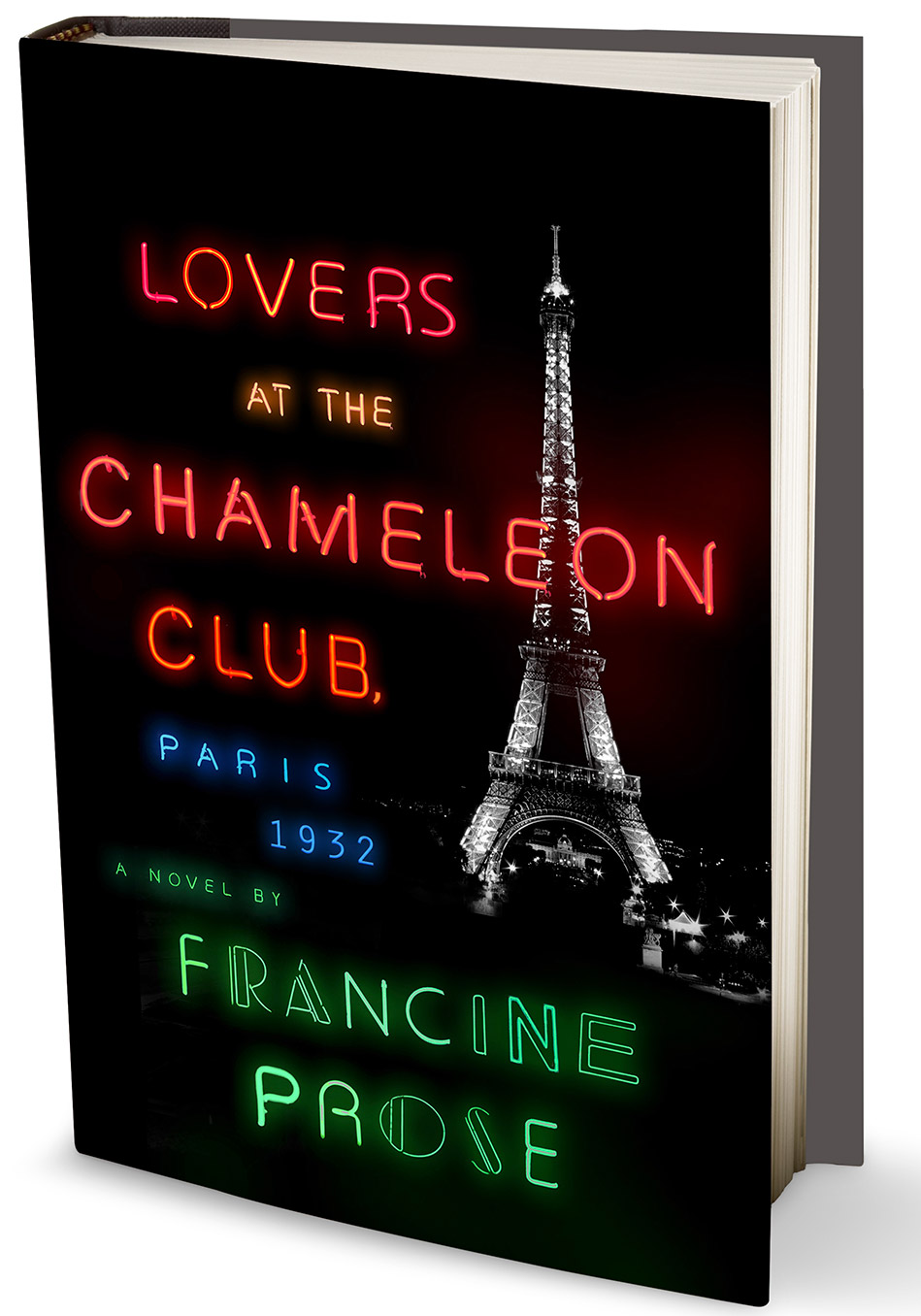
Ms. Prose is a prolific and thoughtful writer whose books have intrigued me for years. Many of her works examine the duality of our human natures. I'm thinking of "A Changed Man," a story about a Neo-Nazi hoping to atone for his transgressions, or "Blue Angel," in which an aging literature professor tries to regain his glory days through the talent of a young, off-limits student.
With "Lovers at the Chameleon Club," Francine Prose steps fully and confidently into the historical fiction genre while retaining the nuanced psychological probing into the nature of evil. She builds slowly, but you'll be rewarded magnificently if you have patience and stay the course.
Multiple narrators, each with a very distinctive voice, tell the story which covers almost eighty years. Prose shifts her writing style every time she changes point of view, an amazing feat which I've enjoyed ever since Barbara Kingsolver used it in "The Poisonwood Bible." So we have a mash-up of young people, Gabor, a Hungarian photographer and his future wife Susanne, Lionel, an American writer, and Lily de Rossignol, the baroness with a passion for the arts, who thrill to the 1930's nightlife of a vibrant, all-encompassing Paris.
And all paths cross at the Chameleon Club where, like its color-shifting namesake lizard, men and women are free to be, for an evening at least, who they really are, gay, lesbian, transgender, cross-dressing human beings. It's here that Gabor will take the infamous photo, Lovers at the Chameleon Club, that will kick start his career and bring unwanted attention to the subject of that picture, Lou Villars.
I love a novel that makes you start to search for background material and there's a ton of it here. It seems that Prose based her Chameleon Club on a famous lesbian underground nightclub called Le Monocle. http://rarehistoricalphotos.com/le-monocle-1932/ And, I'm afraid that once I saw the above picture, Lou Villars was firmly planted in my mind.
Lou is a tragic figure in this novel, a young girl who never felt comfortable in her skin. A young woman who wanted to compete in sports with men. She loved women and though she was cared for in return, relationships didn't seem to last. Business ventures failed. Down on her luck, she was ripe for seduction, not for sex but for a stronger drive, love of country.
France, you see, was in a bad place. Prose describes it this way: "The very same government that, by raising taxes, permitting uncontrolled immigration, weakening the military, failing to control the national debt, and fostering skyrocketing unemployment, was making it impossible for them to feed their families and provide better lives for their children."
Sound familiar? Yes, many Frenchmen, like Villars, could only see one way forward, an easy fix, a return to conservatism. As the Nazi storm troopers moved inexorably toward Paris many truly believed that Germany was coming to help France regain its pride of place in Europe. Lou was one of these.
Of course, historically we know how the story ends. Yet this amazing novel had me on the edge of my seat wondering and sadly asking, could it happen again? Could it happen here? Francine Prose is at the top of her game here as she tackles war, politics, art, sexual identity, loyalty and love. I see a book discussion in my future.

No comments:
Post a Comment